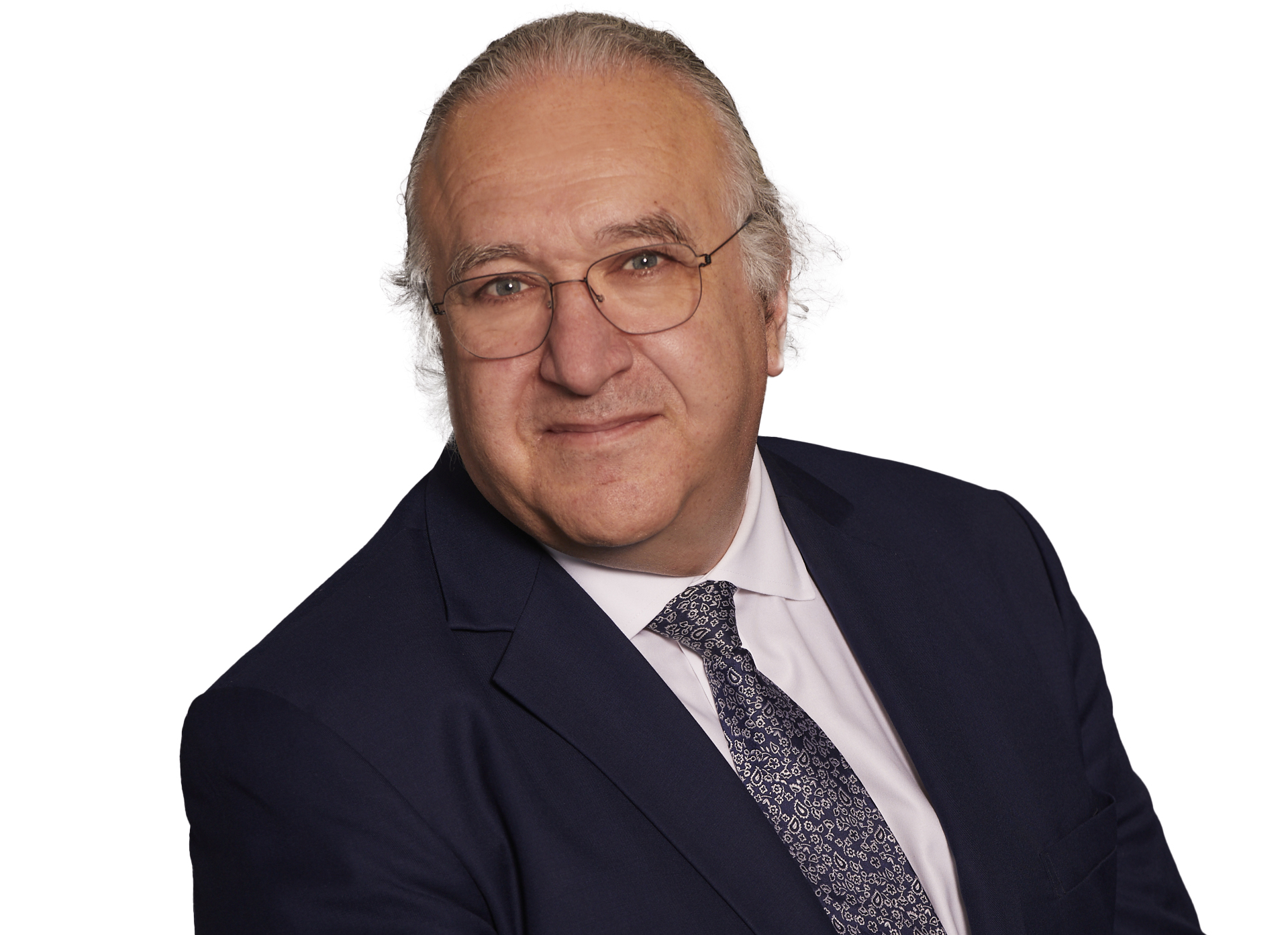Why it’s imperative to consider hidden costs behind GBP sell-off

By Daniel Chambers, Head of Data and Analytics at BidFX
One of the immediate questions posed in the aftermath of a currency crisis is – who has made big profits by betting on the fall? The plummeting pound is no exception – with speculation rife that certain hedge fund managers bet on a fall in pound and took profits overnight as sterling fell as low as 1.03 against the dollar.
Sure, as is the case with any major currency fall, there will always be a select few that devise trading strategies smart enough to make gains. But what about most institutional investors franticly selling off sterling? The cost of a mass currency sell-off does not end at the price in which you agree to sell sterling at to a reluctant buyer.
The reality of modern-day currency markets is that every trade has hidden transaction fees. Essentially, these costs are the spread between two possible prices for say GBP/USD, and the difference between those prices. The first number is the price of a trade a hedge fund decides to buy or sell at, while the second is the actual price of the transaction, which often includes broker commissions and taxes.
This means that, those selling off sterling must incur some significant additional costs, in addition to their direct trading loses. These costs take on even greater significance when you consider the percentage of the collective pension pots tied up in the currency markets. Even incremental improvements must be pursued – which is why more and more hedge funds are assessing trade prices in more detail to determine whether GBP/USD trades were done at favourable or fair prices.
To make these improvements that ultimately protect the value of all our pensions, hedge fund managers need to squeeze the very most out of all the information at their disposal. Forward-thinking investors are already beginning to position analytics as a critical business function, enabling better trading outcomes and enhancing performance. Last month’s GBP/USD data can inform this month’s decisions on when and how to trade, maximising the benefit of their FX trading.
This takes on even greater significance when you consider the percentage of the collective pension pots tied up in the currency markets. Even incremental improvements must be pursued. For this to happen, hedge funds need to anticipate what they might require from their information when the next currency crisis hits. For instance, increasing pressure for higher returns will see hedge funds asking more testing questions above and beyond the standard analysis.
Found this useful?
Take a complimentary trial of the FOW Marketing Intelligence Platform – the comprehensive source of news and analysis across the buy- and sell- side.
Gain access to:
- A single source of in-depth news, insight and analysis across Asset Management, Securities Finance, Custody, Fund Services and Derivatives
- Our interactive database, optimized to enable you to summarise data and build graphs outlining market activity
- Exclusive whitepapers, supplements and industry analysis curated and published by Futures & Options World
- Breaking news, daily and weekly alerts on the markets most relevant to you



